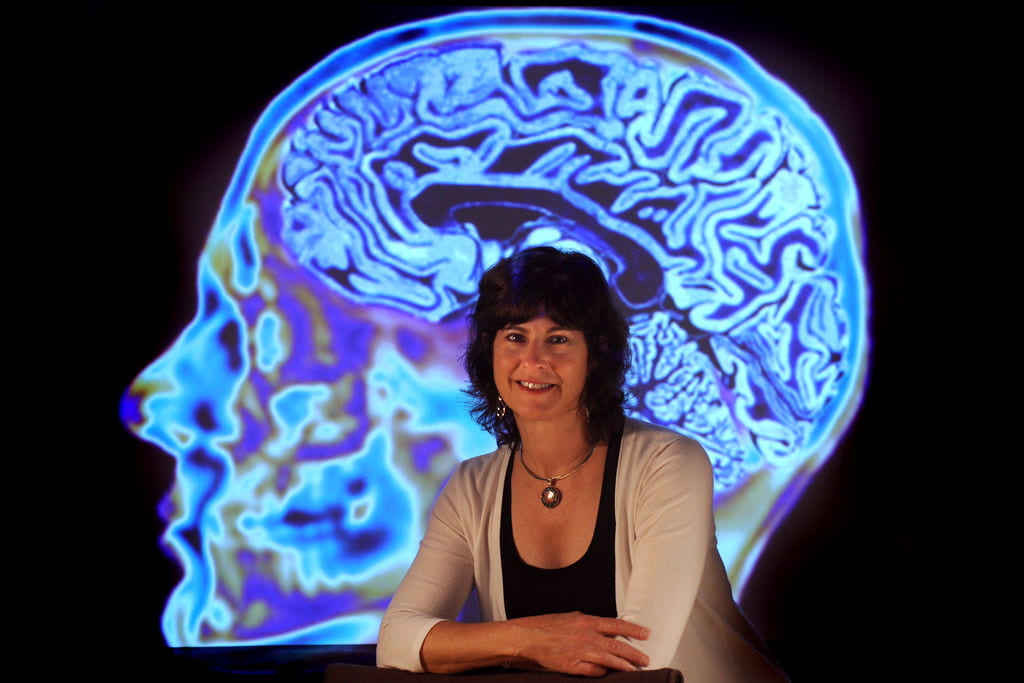UC Irvine scientists help identify possible botulism blocker
U.S. and German scientists have decoded a key molecular gateway for the toxin that causes botulism, pointing the way to treatments that can keep the food-borne poison out of the bloodstream.
Irvine, Calif., Oct. 11, 2013 — U.S. and German scientists have decoded a key molecular gateway for the toxin that causes botulism, pointing the way to treatments that can keep the food-borne poison out of the bloodstream.
Study leaders Rongsheng Jin, associate professor of physiology & biophysics at UC Irvine, and Andreas Rummel of the Institute for Toxicology at Germany’s Hannover Medical School created a three-dimensional crystal model of a complex protein compound in the botulinum neurotoxin. This compound binds to the inner lining of the small intestine and allows passage of the toxin into the bloodstream.
The 3-D structure – shaped much like the Apollo lunar landing module – let the researchers identify places on the surface of the complex protein that enable it to dock with carbohydrates located on the small intestine’s interior wall. In tests on mice, they found that certain inhibitor molecules blocked the botulism compound from connecting to these sites, which prevented the toxin from entering the bloodstream.
Botulinum neurotoxins are produced by Clostridium botulinum and cause the possibly fatal disease botulism, which impedes nerve cells’ ability to communicate with muscles and can lead to paralysis and respiratory failure. The botulinum toxin has also been identified as a potential biological weapon against a civilian population.
“Currently, there is no efficient countermeasure for this toxin in case of a large outbreak of botulism,” Jin said. “Our discovery provides a vital first step toward a pharmaceutical intervention at an early point that can limit the toxin’s fatal attack on the human body.”
Study results appear online in the open-access journal PLOS Pathogens.
Jin added that his work opens the door to further development of preventive treatments for botulism. At the same time, the molecular gateway for the lethal toxin could be exploited for alternative applications, such as the oral delivery of protein-based therapeutics.
Kwangkook Lee, Shenyan Gu and Guorui Yao of UC Irvine; Lei Jinof the Sanford-Burnham Medical Research Institute in La Jolla, Calif.; Thi Tuc Nghi Le, Jasmin Strotmeier and Anna Magdalena Kruelof the Institute for Toxicology at Germany’s Hannover Medical School; Luisa W. Cheng of the U.S. Department of Agriculture; and Kay Perry of Cornell University contributed to the study, which was supported in part by the National Institute of Allergy & Infectious Diseases (grants R01AI091823 and U54 AI065359), the German Research Foundation, the Swiss Federal Office for Civil Protection and the U.S. Department of Agriculture CRIS project (grant 5325-42000-048-00D).
To access the paper on the PLOS Pathogens website, click here.
About the University of California, Irvine: Located in coastal Orange County, near a thriving employment hub in one of the nation’s safest cities, UC Irvine was founded in 1965. One of only 62 members of the Association of American Universities, it’s ranked first among U.S. universities under 50 years old by the London-based Times Higher Education. The campus has produced three Nobel laureates and is known for its academic achievement, premier research, innovation and anteater mascot. Led by Chancellor Michael Drake since 2005, UC Irvine has more than 28,000 students and offers 192 degree programs. It’s Orange County’s second-largest employer, contributing $4.3 billion annually to the local economy.
Media access: UC Irvine maintains an online directory of faculty available as experts to the media at http://communications.uci.edu/for-journalists/experts/. Radio programs/stations may, for a fee, use an on-campus ISDN line to interview UC Irvine faculty and experts, subject to availability and university approval. For more UC Irvine news, visit wp.communications.uci.edu. Additional resources for journalists may be found at communications.uci.edu/for-journalists.

